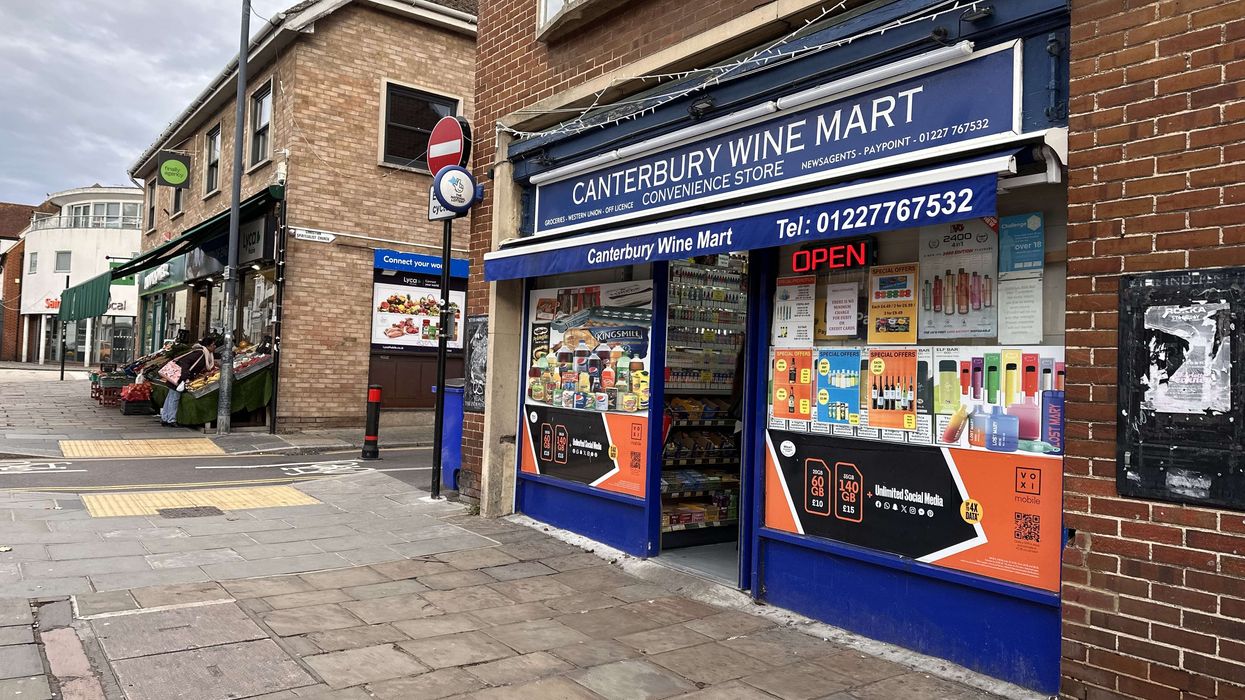Highlights
- Canterbury Wine Mart applies for 24-hour alcohol deliveries through Uber, Deliveroo and Just Eat.
- Kent Police and council object citing street drinking and antisocial behaviour concerns.
- Previous applications in 2015 and 2017 were rejected following similar objections.
Rajendran Ravichandran, owner of Canterbury Wine Mart on St Dunstans Street, has submitted his third application to Canterbury City Council (CCC) for extended hours. His previous attempts in 2015 and 2017 were both rejected.
The application proposes 24-hour alcohol deliveries through popular apps including Uber, Deliveroo and Just Eat. The shop would remain open all night for general sales and hot beverages, while maintaining existing in-store alcohol sale hours. At least two staff members would be present between 11pm and 6am, with only electric scooters permitted for late-night deliveries.Police raise objections
Kent Police licensing officer PC Danielle Rolfe has raised serious concerns. She highlighted that Canterbury has grown significantly since the previous applications, with increased tourism, population and student numbers raising the risks of alcohol-related activity.
"The shop's proposal to use only electric bikes for delivery also raises concerns," PC Rolfe stated, questioning whether delivery riders would strictly use legal, pedal-assisted bikes.
Canterbury City Council licensing enforcement officer Diane Attenborough also objected. During a visit on 3rd October, officers observed three separate street drinkers purchasing high-strength lagers. One group was described as "very loud and intimidating" while waiting outside the premises.
Councillor Pip Hazelton opposed the application, citing the residential nature of the area and potential disturbance from motorcycles and e-bikes during night hours.
Licensing agent Putrathingan Sivashankar defended the application, stating: "Since Covid-19 people's habits have completely changed, delivery is now the way most people order stuff."
He emphasised the shop's 15-year operating history and argued they would not experience the delivery driver congregation seen at larger businesses. The licensing panel will make its final decision at a meeting on November (12) morning.
LDRS ( Local Democracy Reporting Service)




